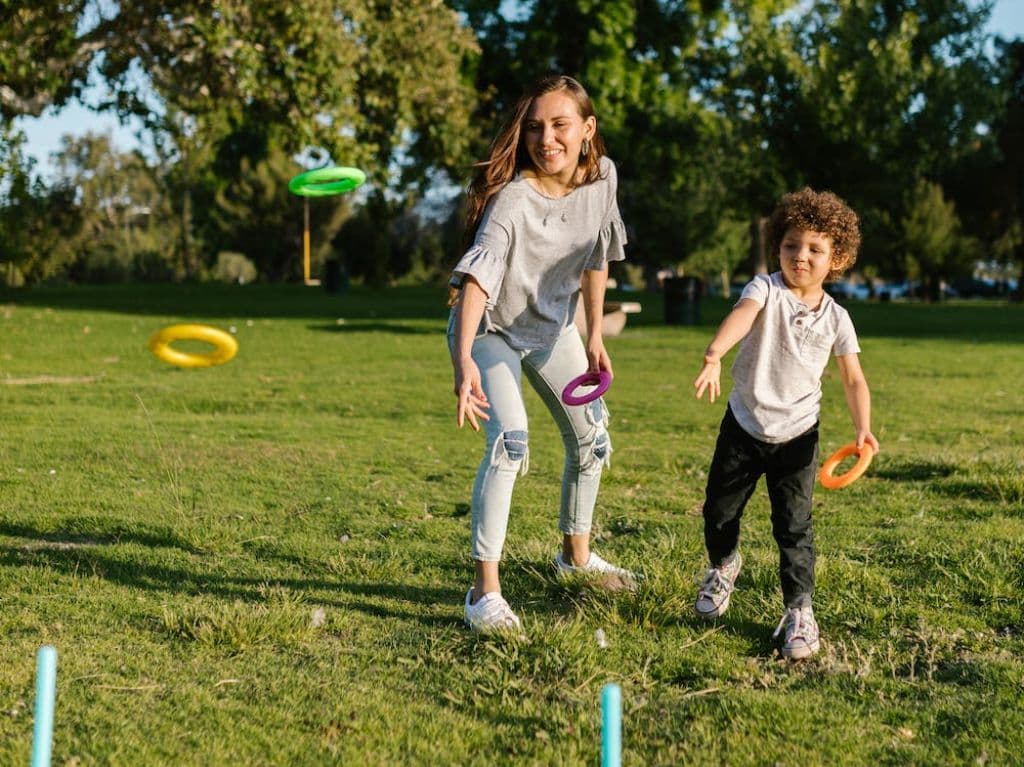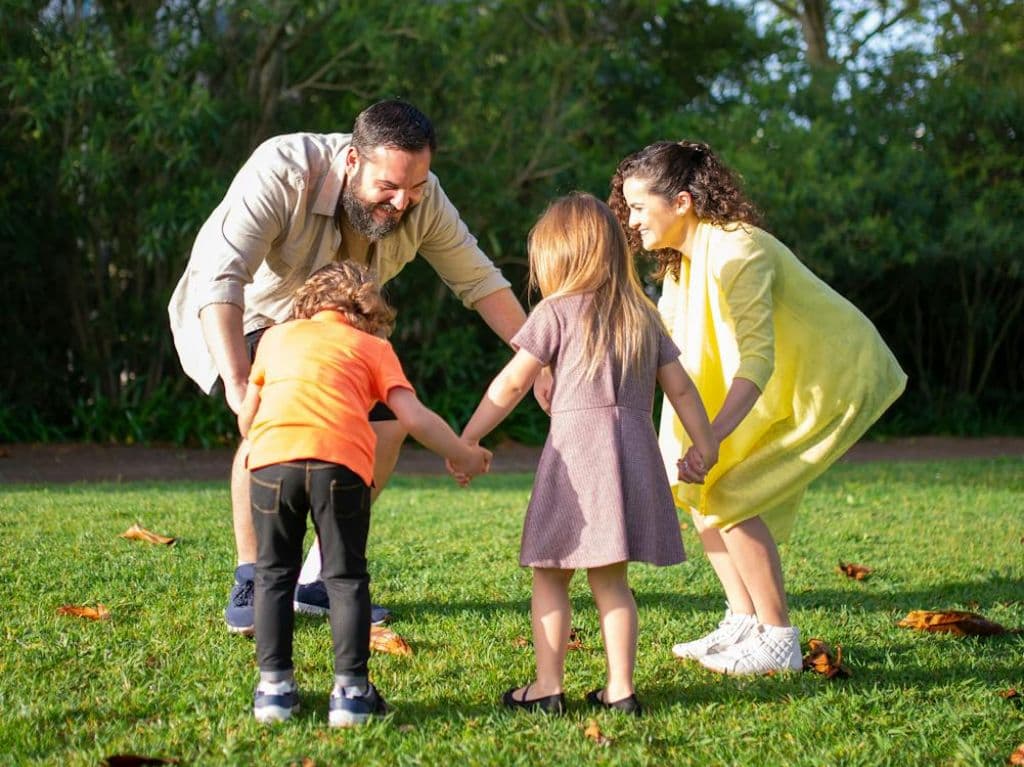Visiting Day is a chance to witness firsthand the adventures, friendships, and memories that have been unfolding in your child’s camp environment. It is also a great way for parents to create a bond with their kid’s summer camp experience; this makes it easier for children to talk about their memories when they go back home. Whether you're a first-time camp parent or a seasoned visitor, here's a comprehensive guide on what to expect and how to make the most of your Camp Visiting Day.
Understanding the Purpose
Camp Visiting Days are designed to offer parents a glimpse into their child's camp life and allow for direct interaction with camp staff. It's an opportunity to see the facilities, witness activities, and share in the overall camp experience. The goal is to create a positive and transparent connection between parents and the camp community.
Most camps plan a schedule of activities, demonstrations and tours for Visiting Day. This may include performances, sports showcases, arts and crafts displays, and more. Take advantage of this opportunity to explore the cabins, dining hall, activity areas, and any other noteworthy spots. Engaging in a camp tour provides valuable insights into your child's day-to-day life.

Sharing Summer With Your Child
While the camp may have planned activities, Visiting Day is also a chance to spend quality one-on-one time with your child. Bring a picnic lunch or a snack from home that they might miss, play a game together, or simply enjoy a conversation. The personal connection is the most valuable aspect of the day, so don't hesitate to ask questions.
Inquire about their activities, friendships, and overall well-being. It may also be a good idea to use this time to seek feedback from camp staff about your child's experiences and any observations they've made.
Get Involved With the Camp
Let yourself be wrapped in the camp’s traditions and rituals; participate in them with enthusiasm. Whether it's singing camp songs, joining in a group cheer, or taking part in a traditional campfire, immersing yourself in the camp culture adds to the overall experience.
Don’t forget to get familiarized with the camp's policies and guidelines during your experience. Follow any rules regarding photography, interaction with other campers, and adherence to the camp schedule. A respectful and cooperative approach contributes to a positive camp environment.

Bring Comforts from Home
Consider bringing a small care package or comfort items from home. This could include favorite snacks, a special note, or a familiar item that can make your child feel loved and supported during their time at camp. If possible, ask your child what they would like you to bring. Make sure it’s something practical and suitable for the camp experience, and check the camp’s rules and forbidden items list to make sure that whatever you’re bringing, doesn’t interfere with the camp experience.
As your child is getting a glimpse of home and some aspects that they may miss, it’s possible for them to feel homesickness or similar feelings. Visiting Day can evoke a range of emotions for both parents and campers. Be prepared for the possibility that your child may express mixed feelings; listen attentively, provide reassurance, and validate their emotions, whether they are excited, homesick, or a combination of both.
Remember that Visiting Day is a snapshot of camp life, and it's normal for the atmosphere to be different from the day-to-day routine. Embrace the positive energy, celebrate the accomplishments of your child and their fellow campers, and savor the moments shared in the vibrant and spirited atmosphere of the camp community. Remember to coordinate logistics in advance, especially if you're traveling a significant distance. Check the camp's guidelines regarding arrival times, parking, and any specific instructions.
Visiting Day at summer camp is a unique opportunity to bridge the gap between the camp environment and the comfort of home. By approaching the day with enthusiasm, curiosity, and an open heart, you can create lasting memories and deepen your understanding of your child's summer camp experience.
